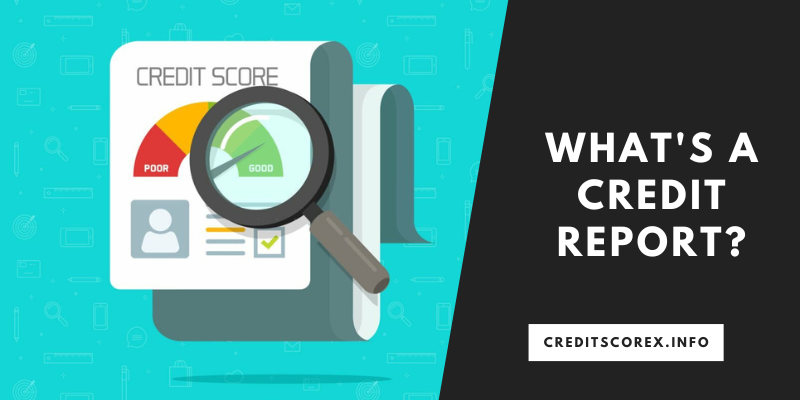
In the intricate world of personal finance, understanding your credit report is like having a treasure map to navigate the terrain of loans, credit cards, and financial opportunities. But what exactly is a credit report, and why does it wield such influence over your financial life? In this article, we’ll unravel the mystery behind credit reports, exploring their significance and the wealth of information they hold.
1. The Blueprint of Your Financial History
At its core, a credit report is a detailed record of your credit and financial history. Compiled by credit reporting agencies, commonly known as credit bureaus, these reports serve as a comprehensive snapshot of your financial behavior over time. The three major credit bureaus in the United States—Equifax, Experian, and TransUnion—collect and maintain this information.
2. What’s Inside Your Credit Report?
Your credit report is like a financial biography, chronicling various aspects of your credit activity. Key components include:
a. Personal Information: This section includes your name, address, date of birth, and employment information. It helps ensure that the report is accurately tied to your financial identity.
b. Credit Accounts: Your credit report lists all your credit accounts, such as credit cards, mortgages, auto loans, and student loans. It details the type of account, the date it was opened, the credit limit or loan amount, and the current balance.
c. Payment History: Perhaps the most crucial aspect of your credit report, the payment history outlines your track record of making payments on time. Late payments, defaults, and any accounts in collections are highlighted here.
d. Credit Inquiries: When you apply for credit, whether it’s a loan or a credit card, the inquiry is recorded on your credit report. These inquiries remain visible for a certain period and can influence your credit score.
e. Public Records: Negative financial events, such as bankruptcies, tax liens, and judgments, are included in this section. These items can have a significant impact on your creditworthiness.
f. Credit Utilization: This factor reflects the percentage of your available credit that you’re currently using. It’s a crucial component of your credit score.
3. The Credit Score Connection
While the credit report is a comprehensive dossier, the credit score is a distilled three-digit number derived from the information within that report. This number serves as a quick reference for lenders to gauge your creditworthiness. The higher the score, the more favorable the perception of your financial responsibility.
4. Why Your Credit Report Matters
Your credit report is more than just a historical record; it plays a pivotal role in various financial transactions. Lenders, landlords, and even some employers use this information to make decisions about your credit applications, rental applications, and job applications.
5. Your Right to Access and Monitor
Under the Fair Credit Reporting Act, you have the right to request a free copy of your credit report from each of the three major credit bureaus annually. Regularly reviewing your credit report allows you to spot errors, detect potential fraud, and take proactive steps to maintain or improve your creditworthiness.
Conclusion: Empowering Yourself Financially
In essence, your credit report is your financial roadmap, guiding lenders and financial institutions through the twists and turns of your credit history. By understanding the components within your credit report, you empower yourself to make informed financial decisions, protect your creditworthiness, and navigate the complex landscape of personal finance with confidence.
Leave a Reply